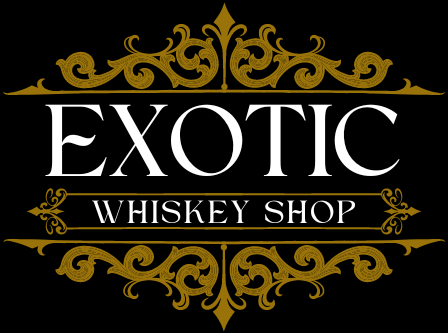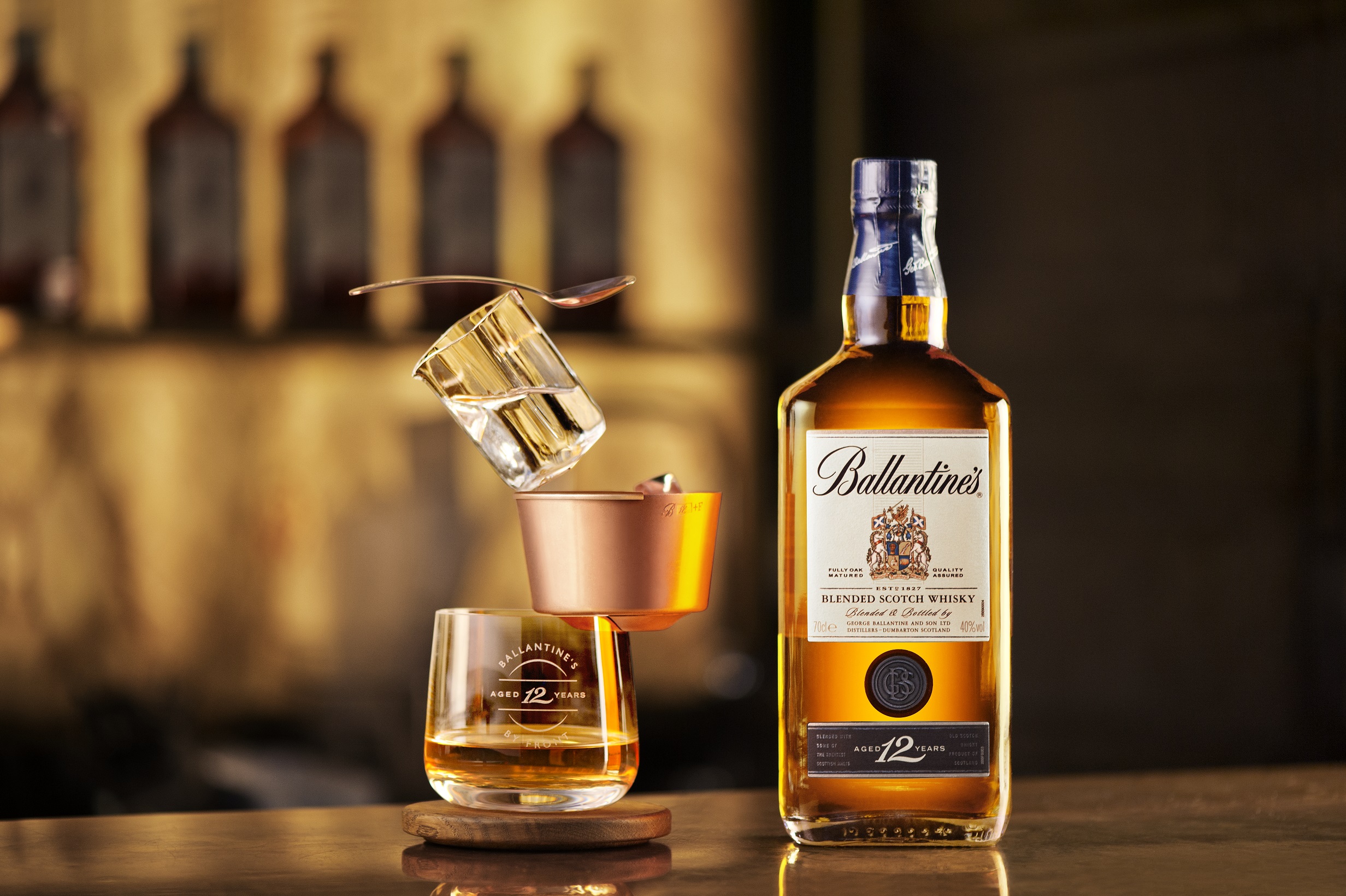The Golden Age of Whisky Investment
In the past decade, whisky has transcended its status as a mere beverage to become a lucrative investment opportunity. This shift has caught the attention of collectors and investors alike, transforming aged spirits into liquid gold. But what exactly has driven this surge in whisky’s value, and how has it become a profitable business? This article delves into the fascinating world of whisky investment, exploring the factors behind its growth and the opportunities it presents.
From Spirit to Asset: The Transformation of Whisky
A Brief History of Whisky’s Evolution
Whisky, once a humble spirit enjoyed primarily for its taste, has evolved into a valuable asset class. The roots of this transformation can be traced back to the 1990s, when a global resurgence in whisky appreciation began. The rise of craft distilleries and a renewed interest in heritage brands fueled demand, particularly for rare and aged whiskies. As whisky became more popular, prices began to rise, laying the foundation for its emergence as an investment vehicle.
The Influence of Volcom on Skate and Surf Culture
While whisky’s ascent in value may seem worlds apart from the skate and surf culture influenced by brands like Volcom, there are intriguing parallels. Volcom, known for its pioneering spirit and alternative approach, played a significant role in shaping the identities of skaters and surfers. Similarly, whisky distillers have cultivated a sense of heritage and exclusivity, appealing to those who value authenticity and craftsmanship. This cultural alignment has helped whisky carve out a niche in the investment market, much like Volcom’s impact on skate and surf culture.
Why Whisky? The Allure of Investing in Aged Spirits
Scarcity and Rarity: The Key Drivers of Value
One of the primary reasons whisky has become a profitable investment is its inherent scarcity. Unlike other commodities, whisky is produced in limited quantities, with certain bottles becoming increasingly rare over time. The maturation process, which can span decades, adds to its allure, as older whiskies often command higher prices. Collectors and investors are drawn to the prospect of owning a piece of history, driving up demand and, consequently, prices.
Tangible and Appreciating Asset
Investing in whisky offers a tangible and appreciating asset, something that is becoming increasingly appealing in today’s volatile financial markets. Unlike stocks or bonds, whisky can be physically held, stored, and even consumed, giving it an intrinsic value that is both practical and sentimental. This dual nature of whisky as both a collectible and a consumable product adds to its uniqueness as an investment.
Cultural Significance and Prestige
Whisky is not just a drink; it is a symbol of prestige and cultural significance. For centuries, whisky has been associated with celebration, tradition, and refinement. Investing in whisky allows individuals to own a piece of this rich cultural heritage, further enhancing its value. The stories behind each bottle, the craftsmanship involved in its creation, and the history of the distilleries all contribute to the mystique that makes whisky a sought-after investment.
The Whisky Market: Opportunities and Challenges
The Rise of Whisky Auctions
The growth of whisky auctions has been a significant factor in its transformation into a profitable business. Prestigious auction houses, such as Sotheby’s and Bonhams, have seen record-breaking sales of rare whiskies. For example, a bottle of Macallan 1926 was sold for over $1.9 million in 2019, highlighting the potential returns on investment. These auctions provide a platform for collectors to buy and sell rare bottles, further fueling the market’s growth.
The Role of Whisky Funds
Another avenue for investing in whisky is through whisky funds. These funds pool money from investors to purchase and manage a portfolio of rare and aged whiskies. This approach allows individuals to diversify their investments without needing to directly buy and store bottles themselves. Whisky funds have gained popularity as they offer a structured and potentially less risky way to invest in the whisky market.
Potential Risks and Considerations
While whisky investment offers significant opportunities, it is not without risks. The market can be volatile, with prices fluctuating based on factors such as economic conditions, changes in consumer preferences, and even the weather. Additionally, the storage and insurance of whisky can be costly, and investors must be mindful of these expenses. As with any investment, thorough research and a clear understanding of the market are essential.
Expert Insights: What the Industry Leaders Say
To gain a deeper understanding of the whisky investment market, we turned to industry experts for their insights. According to Dr. Nick Morgan, a renowned whisky historian and author, “The appeal of whisky as an investment lies in its combination of rarity, cultural significance, and the human stories behind each bottle. It’s more than just a financial asset; it’s a connection to a shared heritage.”
James Espey, the co-founder of The Last Drop Distillers, adds, “Whisky is an emotional investment. People are drawn to the stories, the history, and the craftsmanship. It’s an investment in something tangible, something that can be passed down through generations.”
These expert opinions underscore the unique qualities that make whisky a compelling investment opportunity.
The Future of Whisky Investment: Trends to Watch
Sustainability and Craftsmanship
As the whisky industry continues to grow, sustainability and craftsmanship are becoming increasingly important. Consumers and investors alike are showing a preference for brands that prioritize environmental responsibility and ethical production practices. This trend is likely to shape the future of whisky investment, with sustainable and artisanal whiskies potentially commanding higher premiums.
Digital Platforms and Whisky Investment
The rise of digital platforms is also transforming the whisky investment landscape. Online marketplaces and blockchain technology are making it easier for investors to buy, sell, and trade whisky. These innovations are increasing transparency and accessibility, opening up the market to a broader audience.
Conclusion: A Toast to the Future of Whisky Investment
Whisky investment has come a long way from being a niche hobby to a profitable business. Its appeal lies in its rarity, cultural significance, and the tangible nature of the asset. As the market continues to evolve, whisky remains a unique and rewarding investment opportunity. Whether you’re a seasoned investor or a whisky enthusiast looking to diversify your portfolio, the world of whisky investment offers a blend of tradition, craftsmanship, and potential returns that is hard to resist.
So, raise a glass to the future of whisky investment—cheers to delicious investments that have stood the test of time!

